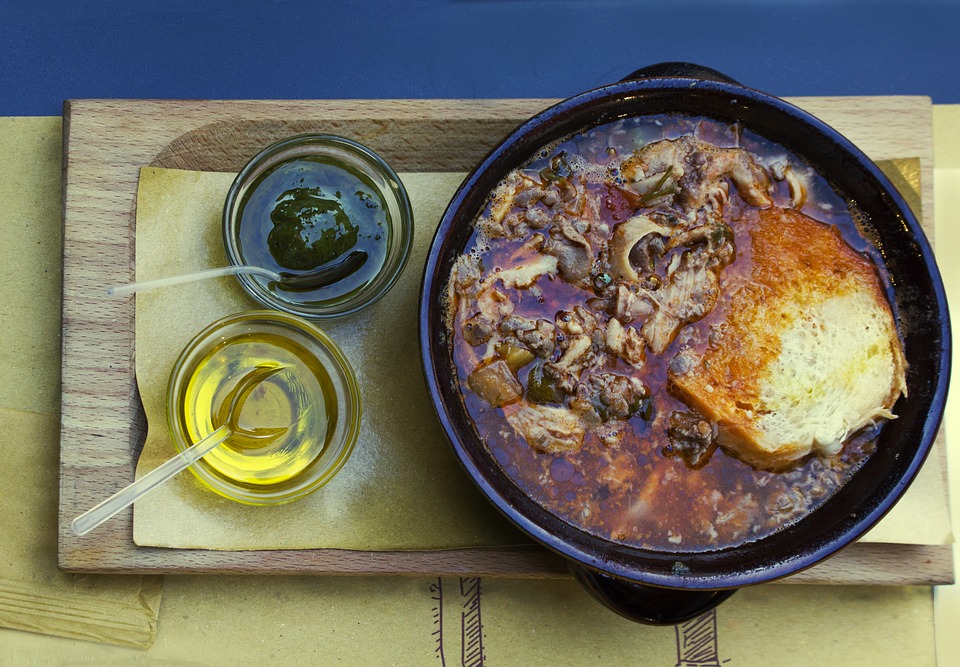<p style="text-align: justify;">Whenever you hear anything to do with “fat”, it’s always in the negative. While it’s true that too much fat isn’t good for you but fat is still required by the body.</p>
<p style="text-align: justify;">You don’t hear much about it, but your body does need fat – just not too much of it. Consider this, your brain, the most important organ in your body is actually 2/3 fat. The cell membranes in our brain are made of Essential Fatty Acids (EFAs) which is why our cognitive abilities are affected when we do not get enough. Fats also consist of nutrients that are essential for growth, energy, the functioning of vital organs including the brain, reproductive and hormone health. They are needed for the health of your skin, eyes and your bones as well.</p>
<p style="text-align: justify;">There are 3 types of fats found in food:</p>
<ul style="text-align: justify;">
<li><strong>Saturated Fats</strong></li>
</ul>
<p style="text-align: justify;"><img class="aligncenter wp-image-249" src="https://incrediblemag.com/wp-content/uploads/2017/08/Saturated-Fats.jpg" alt="Saturated Fats" width="550" height="366" /></p>
<p style="text-align: justify;">Saturated fats are fat molecules that do not have double bonds between the carbon molecules since they become saturated with the hydrogen molecules. At room temperature, saturated fats are in solid form.</p>
<p style="text-align: justify;">When you replace foods with high content of saturated fat with those that have less, you’ll lower your cholesterol levels and enhance your lipid levels.</p>
<p style="text-align: justify;">Saturated fats are most common in animal based foods such as dairy and meat products such as fatty beef, lard, and butter.</p>
<p style="text-align: justify;">According to the American Heart’s Association, only 5-6% of your daily diet should consist of saturated fats.</p>
<ul style="text-align: justify;">
<li><strong>Trans Fats</strong></li>
</ul>
<p style="text-align: justify;"><img class="aligncenter wp-image-253" src="https://incrediblemag.com/wp-content/uploads/2017/08/Trans-Fats.jpg" alt="Trans Fats" width="550" height="309" /></p>
<p style="text-align: justify;">The two types of trans-fats found in food are naturally occurring and artificial trans-fats. Natural trans-fats are developed in the stomach of some animals and is transferred to us upon consumption. On the other hand, artificial trans-fats are created in an industrial process.</p>
<p style="text-align: justify;">Most of the trans fats we consume come from hydrogenated oils. Trans-fats are added to processed foods to enhance their taste. Restaurants and fast-food joints use trans-fats to deep fry their food since oils containing trans-fats can be used multiple times in commercial fryers as opposed to other oils.</p>
<p style="text-align: justify;">Trans-fats will increase your cholesterol levels which is why you should avoid fast-food and processed foods. Many processed snacks such as cookies, crackers, and chips are loaded with trans-fats; <a href="https://www.hourglassexpress.com/blogs/news/snacks-to-avoid-to-get-that-slim-waist" target="_blank" rel="noopener">avoiding these snacks will slim your waist</a>. Consider swapping them for healthy snacks that prevent the buildup of fat around your belly and butt.</p>
<ul style="text-align: justify;">
<li><strong>Unsaturated Fat</strong></li>
</ul>
<p style="text-align: justify;"><img class="wp-image-255 aligncenter" src="https://incrediblemag.com/wp-content/uploads/2017/08/Unsaturated-Fat.jpeg" alt="Unsaturated Fat" width="552" height="363" /></p>
<p style="text-align: justify;">Unsaturated fat is often referred to as “good fat”. Unlike saturated and trans-fats, unsaturated fats come from plants. Unsaturated fats will also help lower cholesterol levels instead of elevating it and increasing your risk of high blood pressure, heart disease, and other illnesses.</p>
<p style="text-align: justify;">There are 2 main kinds of unsaturated fats: Monounsaturated and polyunsaturated.</p>
<p style="text-align: justify;">Monounsaturated fats are found in super foods like avocado and nuts. They are also found in the oils that health enthusiast would suggest cooking in such as canola, peanut and olive oil. What makes monounsaturated fats so great is that they successfully lower LDL cholesterol (“bad” cholesterol) and increase levels of HDL cholesterol (“good” cholesterol). To maintain healthy cholesterol levels you need to consume good amounts of monounsaturated fats while lowering quantities of unsaturated fats.</p>
<p style="text-align: justify;">Polyunsaturated fats are also considered good fats because they too lower levels of cholesterol in your body. These fats are the type that are usually found in fish and sunflower, sesame, corn and soybean oil. You should replace saturated fats in your diet with polyunsaturated fats for your overall well-being.</p>
<p style="text-align: justify;">For the betterment of your physical health, you need to reduce your intake of saturated and trans-fats and replace them with unsaturated fats found in plant-based oils and seafood.</p>

An In-depth Analysis of All Kinds of Fats
